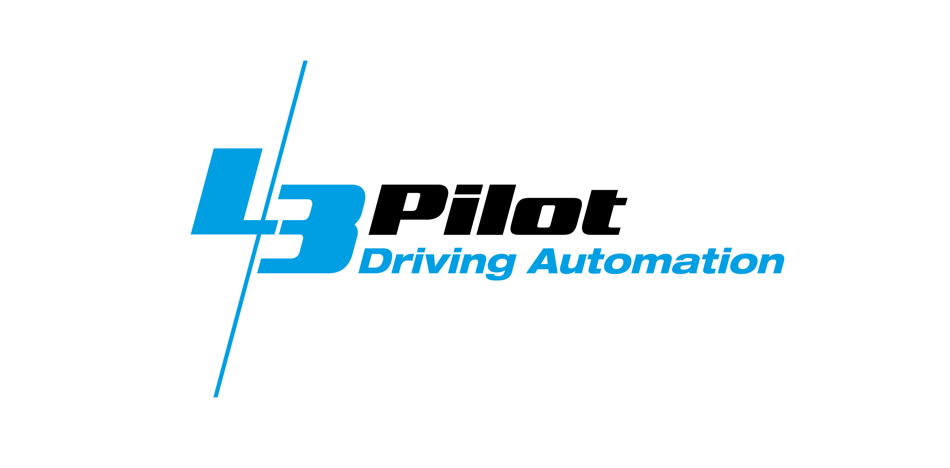Last modified more than a year ago

L3Pilot: Joint European effort boosts automated driving
L3Pilot, Europe’s first comprehensive pilot test of automated driving on public roads demonstrates automated systems for cars in Hamburg, Germany, in conjunction with ITS World Congress 2021.
- SAE Level 3 and 4 functions tested on ordinary roads in seven European countries, including crossborderactivities
- Pan-European testing environment and methodology developed
- “Code of Practice” created to speed up and harmonise the development of automated driving systems
- Framework for collection, storage and evaluation of large amounts of data in a harmonised manner created
- Datasets for further research publicly available
- Increased safety identified as main benefit of SAE Level 3 automated driving systems
From 11 to 15 October the European research project L3Pilot, led by Volkswagen AG and co-funded by the European Commission, showcases automated driving functions in the City of Hamburg and on motorways nearby. The four-year project will now come to its successful end with performing its Final Event in conjunction with the ITS World Congress in Hamburg 2021.
Running from 2017 to 2021, the project consortium brought together stakeholders from the whole value chain, including car manufacturers, suppliers, academia, research institutes, infrastructure and governmental agencies, user groups and the insurance sector. The experience of the partners in large-scale testing intelligent vehicle technologies made it possible to create a pan-European testing environment. The Code of Practice for the Development of Automated Driving Functions (CoP-ADF) is one of the major achievements of L3Pilot. It provides comprehensive guidelines for supporting the design, development, verification and validation of automated driving technologies.
Fourteen partners focused on testing automated driving functions in normal motorway driving, traffic jams, urban driving and parking. The pilots, running from April 2019 until February 2021, involved seven countries: Belgium, Germany, France, Italy, Luxemburg, Sweden and the United Kingdom and included two cross-border activities between Germany and Luxemburg as well as Germany, Belgium and the United Kingdom.
“Automated driving has a huge potential to make mobility safer, more efficient and more comfortable. The L3Pilot partners made great efforts to pursue piloting and met the project goals – despite the tremendous pandemic crisis. This shows the outstanding commitment of our Europe-wide partner network. One of our major achievements is a Code of Practice for the Development of Automated Driving Functions. It provides guidelines that will support the development of safe and reliable automated driving systems”, says L3Pilot Coordinator Aria Etemad, Volkswagen AG.
The project equipped 70 vehicles and the test fleet comprised 13 different vehicle brands, from a passenger car to a SUV. More than 400,000 kilometres were driven on motorways including 200,000 km in an automated mode and 200,000 km in a manual mode as a baseline for comparison of the user experience and evaluation of the impacts. More than 24,000 km were travelled in the automated mode in urban traffic. With the aim to put the focus on the user experience of automated driving functions, over 1,000 persons participated in piloting and complementary virtual environment tests.
The project focused on SAE Level 3 automated driving functions on motorways and in urban traffic, while SAE Level 4 functions targeted exclusively parking and close-distance scenarios. The SAE Level 3 features Conditional Automation which requires the driver to respond appropriately to a request to take-over the vehicle control for manual driving. In case the driver is not responding properly to a take-over request, the vehicle performs an automatic minimum risk manoeuvre to safely stop the vehicle.
Moreover, L3Pilot carried out extensive supplementary tests to also research user experiences that were difficult to address in large-scale piloting due to safety requirements and legal issues. Therefore, supplementary studies were performed in addition to the on-road piloting to be able to study system usage and other relevant user experiences with ordinary, non-professional drivers in safe and virtual environments. The extensive studies comprised some 600 subjects.
Research evaluation results have shown that increased safety is the main benefit of SAE Level 3 automated driving systems. They also show that an automated driving system consisting of motorway, urban and parking functions for robust hands-off driving will generate a social benefit that is higher than the social costs of installing it.
L3Pilot paved the way for scaled-up driving tests with automated series vehicles in real-life traffic. This underscores the leadership of Europe’s automotive industry in developing reliable, thoroughly tested and user friendly technology.
Full press release is available here.
Source: https://l3pilot.eu/detail/news/joint-european-effort-boosts-automated-driving


